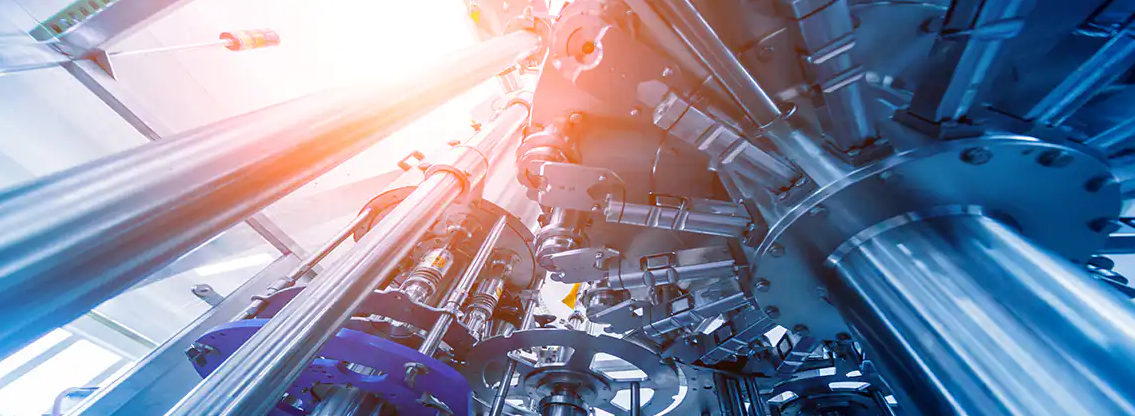Prototype manufacturing plays a crucial role in turning ideas into reality. It is the process of creating a physical model or sample of a product to test its functionality, design, and manufacturing feasibility. This article will explore the importance of prototype manufacturing, its benefits, and the various methods used in this process.
Importance of Prototype Manufacturing
Prototyping is a critical step in the product development cycle as it allows designers and engineers to test and refine their ideas before mass production. It helps identify design flaws, functional issues, and manufacturing challenges, thereby saving time, money, and resources in the long run. Prototypes also enable stakeholders to visualize and evaluate the product, enhancing communication and collaboration among team members.
Benefits of Prototype Manufacturing
1. Design Validation: Prototyping allows designers to validate their design concepts and ensure that they meet the desired specifications. By physically testing the prototype, potential flaws can be identified and rectified early in the development process.
2. Functionality Testing: Prototypes enable engineers to evaluate the functionality of a product. By simulating real-life conditions, they can assess whether the product performs as intended and make necessary improvements if required.
3. Market Assessment: Prototype manufacturing allows companies to gauge consumer interest and gather feedback on their product. This information can be used to make informed decisions about potential modifications or adjustments to meet market demands.
Methods of Prototype Manufacturing
There are several methods used in prototype manufacturing, each with its advantages and limitations. The choice of method depends on factors such as cost, complexity, material, and desired outcome. Some common methods include:
3D Printing/Additive Manufacturing: This method involves building the prototype layer by layer using computer-aided design (CAD) data. 3D printing allows for rapid prototyping and complex geometries, making it ideal for small-scale production and intricate designs.
CNC Machining: Computer Numerical Control (CNC) machining involves cutting and shaping the prototype using a computer-controlled machine. It is a versatile method that can work with various materials, including metals, plastics, and wood, allowing for functional prototypes.
Injection Molding: Injection molding is used to create prototypes that closely resemble final production parts. It involves injecting molten material into a mold, allowing for high-volume production and material testing. However, this method can be expensive and time-consuming.

Vacuum Casting: Vacuum casting is a cost-effective method for producing small-batch prototypes. It involves creating a silicone mold from a master model and pouring liquid resin into the mold. This method is suitable for testing different materials and finishes.
Conclusion
Prototype manufacturing is a vital step in product development, allowing designers and engineers to turn their ideas into reality. It provides numerous benefits, including design validation, functionality testing, and market assessment. With various methods available, such as 3D printing, CNC machining, injection molding, and vacuum casting, the choice of technique depends on factors like cost, complexity, and desired outcome. Prototyping plays a crucial role in innovation and ensures that only the best products reach the market.
-

- OEM die casting service metal components of macbook middle
-

- Magnesium alloy foundry parts bicycle frame CNC machining & surface finishing
-

- Bahagian tuangan die aloi aluminium Magnesium Penutup rantai untuk automotif
-

- Die cast magnesium parts laptop housing cover D
-

- Integrated 3-spoke wheel for MTB with CNC machining &surface treatment
-

- Magnesium alloy rigid fork for bicycle -customized die casting metal parts

 0086-750-5616188
0086-750-5616188 +86 13392089688
+86 13392089688 sales@zhongmei-tech.com
sales@zhongmei-tech.com







